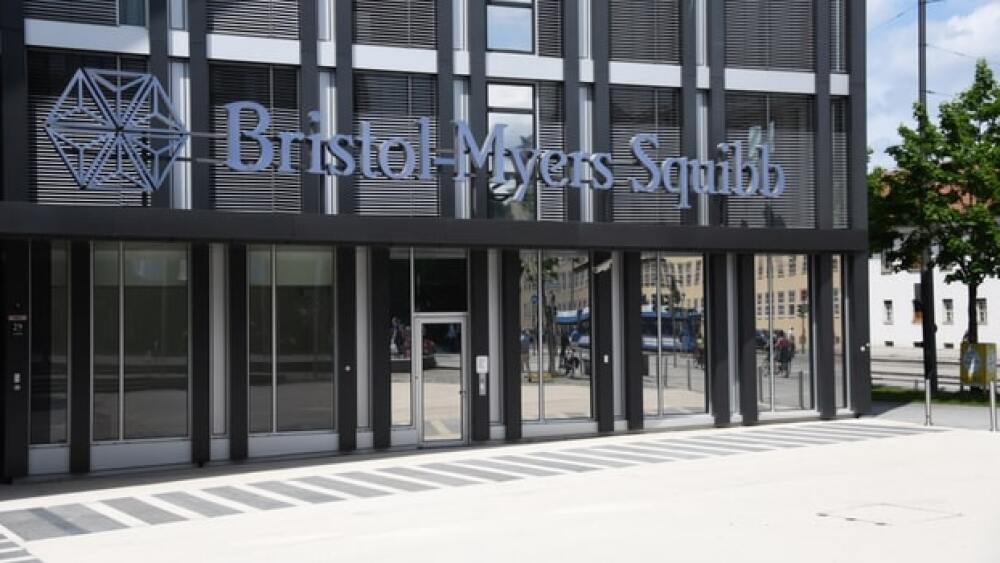Monday woes were shared by Bristol Myers Squibb and Synairgen, as their clinical trial candidates failed to perform as expected.
Courtesy of nitpicker/Getty Images
Monday woes were shared by Bristol Myers Squibb and Synairgen, as their clinical trial candidates failed to perform as expected.
Bristol Myers Squibb’s CheckMate-901 Trial
Bristol Myers Squibb shared the news Monday that its Phase-III clinical trial investigating the safety and efficacy of Opdivo (nivolumab) and Yervoy (ipilimumab) combination therapy (NCT03036098) in patients with metastatic urothelial carcinoma, failed to meet the predetermined primary endpoint. The endpoint measured the overall survival in patients that demonstrated ≥1% PD-L1 expression at the time of final analysis. All data is held in comparison to the current standard of care, which is chemotherapy alone.
Dana Walker, M.D., M.S.C.E., vice president and development program lead of genitourinary cancers at BMS commented on the news.
“Despite some progress in recent years, metastatic urothelial carcinoma remains a difficult disease to address, with a limited number of treatment options that can extend patients’ lives,” Walker said. “Opdivo plus Yervoy has demonstrated durable, long-term survival improvements in several challenging-to-treat advanced cancers, and we are disappointed that the final analysis of CheckMate -901 did not show this same benefit in urothelial carcinoma patients whose tumor cells express PD-L1 ≥1%. We remain committed to advancing research in urothelial carcinoma, we look forward to seeing data from other parts of the CheckMate -901 trial, and we thank all of the patients, investigators and site personnel involved.”
Despite the roadblock, more data remains to be collected from the ongoing trial that may aid in future research for metastatic urothelial carcinoma. BMS has not yet seen unblinded data. Key Secondary endpoints include overall surival in all randomized patients and progression-free survival. The study has an estimated study completion date of July 15, 2023.
Synairgen’s Sprinter Trial
Earlier this year, Synairgen announced that the Phase-III Sprinter trial did not meet the primary endpoint of patient recovery and subsequent hospital discharge. This trial investigated the safety, efficacy and tolerability of SNG001 in patients hospitalized with COVID-19 and required supplemental oxygen treatment. A posthoc analysis was shared Monday that suggests that, despite failing to meet this endpoint, patients may benefit from receiving SNG001 treatment.
A signal in reduction of relative risk (RRR) of progression to severe disease or death was identified and evaluated. The evaluation of data involved looking specifically at the patients who were at greater risk of developing a severe case of COVID-19, such as patients that were older or had pre-existing conditions and co-morbidities.
Within this subset of patients, the risk of progression to severe disease or death was reduced by 70% in comparison to the placebo group. Additionally, the treatment was well tolerated.
The study’s chief investigator as well as a professor of respiratory medicine at the University of Southampton, Tom Wilkinson, commented on the updated results.
“The improvement in standard of care for COVID-19 means that most patients are currently discharged fairly rapidly from hospital; however, this further analysis shows that some patients struggle in their battle with the virus and show signs of respiratory compromise, with faster breathing rates and lower oxygen saturations, despite being on oxygen. For these higher-risk patients, there remains an urgent need for new treatment options, and this analysis suggests that SNG001 could be a potentially efficacious treatment option for them.”
A peer-reviewed full analysis of the study is expected to emerge later this year.





